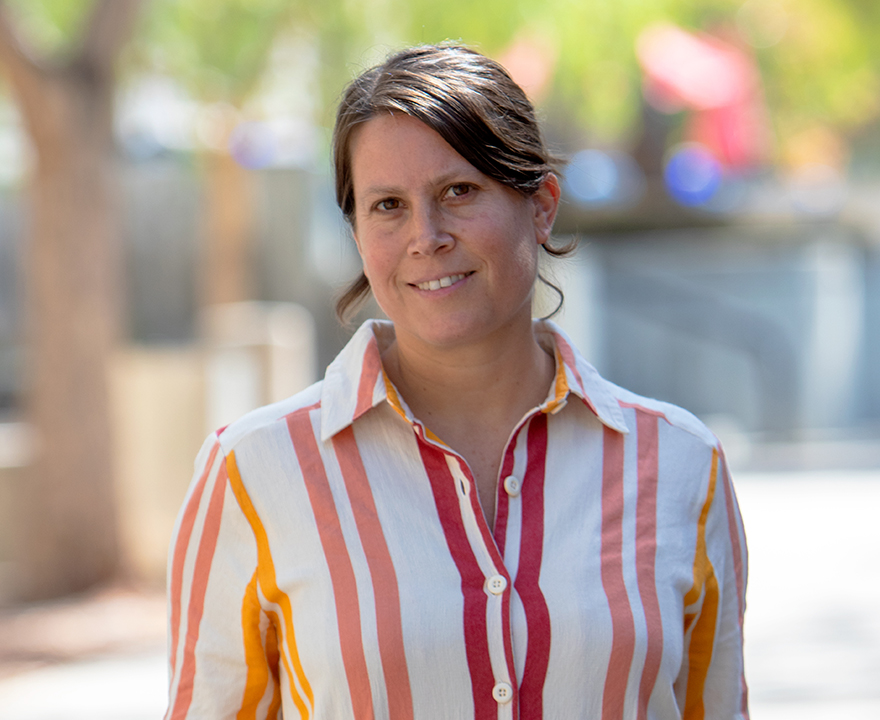Meet Maria Montenegro, Assistant Professor, Global and International Studies

Meet Maria Montenegro, Assistant Professor, Global and International Studies
- September 19, 2022
- Research expertise: Indigenous and Native American studies, critical Latinx Indigeneities, Indigenous law and politics, settler and internal colonialism, plurinationality, anticolonial praxis, critical archival theory, , critical museology, community-based research
-----
María Montenegro, global and international studies assistant professor, studies Indigenous histories, identities, laws, cultures and politics, focusing primarily on First Nations and Tribal Nations in North America, also known as Turtle Island, and Pueblos/Naciones in Latin America, or Abya Yala. Her work examines the complex dynamics between race, settler and internal colonialism, Indigeneity, recognition, representation and nationalism across the Americas. By bringing together Indigenous studies, critical archival studies and Indigenous and tribal law, her work spans from studying and critiquing the requirements, uses and misuses of evidence by nation states in Indigenous claims for sovereignty, autonomy and land restitution, to working with Tribes petitioning for federal recognition in the U.S., to assisting Indigenous peoples in regaining control, rights, ownership and sovereignty over their data, resources and collections.
She’s currently looking into Chile’s constitutional convention and the demands advanced by the Indigenous delegates throughout the constitution making process, focusing on how they’re formulating the concepts of plurinationality, interculturality and self-determination. She’s also examining how other new constitutions in Latin America - such as those in Bolivia and Ecuador - are implementing these concepts and is comparing these experiences to those of federally recognized Tribes in the U.S. These topics form the basis of her book in progress, The Affective Politics of Plurinationality.
Montenegro earned her bachelor's in aesthetics from Universidad Católica (Chile), master's in museum studies from New York University, and Ph.D. in information studies from UCLA. She spent the past year as a Chancellor’s Postdoctoral Fellow in UCI’s Department of Global and International Studies where she’s now an assistant professor. She’s excited to continue collaborating with UCI’s diverse students and interdisciplinary colleagues who are similarly interested in Indigenous studies and community-based work, and she’s pleased to be working at a Hispanic Serving Institution where she’ll be able to connect with underrepresented and first-generation students. She also looks forward to continuing her close work with Southern California Tribes on archival projects and repatriation efforts.
-----
Would you like to get more involved with the social sciences? Email us at communications@socsci.uci.edu to connect.
Share on:
Related News Items
- Careet RightNa'puti receives funding for Indigenous research and connections with the canoe at UCI
- Careet RightEroding Indigenous sovereignty
- Careet RightReimagining resilient agri-food supply chains
- Careet RightBridging histories through intercultural archiving
- Careet RightFostering a global perspective


